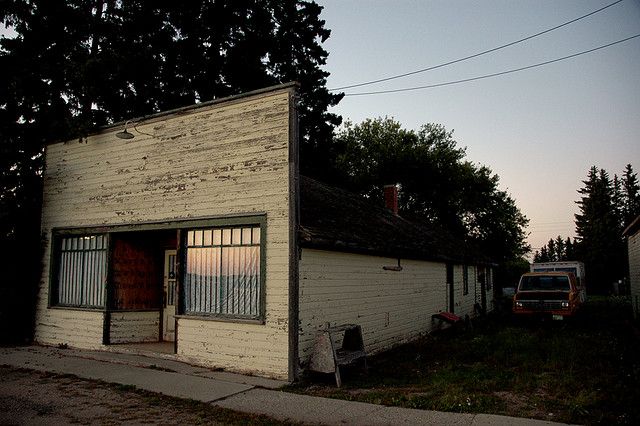When people think of revitalizing undeveloped areas in need, the mind often wanders to formerly prosperous American cities — Baltimore, Detroit, Oakland, Pittsburgh. These remnants of industry are sitting there waiting for investment and a subsequent return to past glory. All they need is some cash flow and rebranding. The New Market Tax Credit Program (NMTC) was introduced in 2000 to help achieve just that.
Designed “to spur new or increased investments into operating businesses and real estate projects located in low-income communities,” the $36.5 billion federal program allows investors — both individual and corporate — to receive a tax credit in exchange for investing in non-profit, federally certified Community Development Entities (CDEs).
For cities, New Market Tax Credits are a very popular development tool. In downtown Minneapolis, Jeff Sommers built a 5,000-square-foot ice cream plant using NMTC credits. Chicago used $3.3 million in credits to help finance the commercial component of a new mixed-use project in the Bronzeville neighborhood. And New Orleans tapped into NMTC to fund a new nursing home as part of the redevelopment of Lindy Boggs Medical Center, which was flooded by levee breaches during Hurricane Katrina.
So it’s interesting to note that the most successful CDE in the U.S., CEI Capital, focuses on projects in rural areas. The Portland, Maine-based company — which pulled in $80 million in credits last month, the largest allocation out of the $3.5 billion awarded this year — has created nearly 12,000 jobs on 76 projects tallying over $850 million in credits. Most of the projects have been far from urban centers, according to a Boston Globe profile this weekend. CEI has done everything from a yogurt farm in Vermont to a biomass fueled power plant in Berlin, N.H. to a “green hotel in Maine’s remote potato country.”
“We put 70 percent of our effort into rural regions,” chief executive Charles J. Spies III told the Globe.
The industrial companies that CEI invests in are big-ticket projects with a sizable economic impact that could help turn the tide in a neighborhood. At quick glance, it seems that most of these industrial projects are in rural areas while residential or non-manufacturing commercial projects, like hotels, end up in cities. What, I wonder, would it take to get yogurt factories or biomass power plants opening up in Cleveland or Baltimore?
Is it that much harder to attract industrial producers to cities these days? Maybe it’s just easier to set up shop with a smaller carbon footprint in the country — it could be a matter of red tape. We’ve reached out to the nice folks at CEI who, as you might expect with the flurry of business they have in their Portland office, are in meetings all morning. We’ll update when we hear back.
The Equity Factor is made possible with the support of the Surdna Foundation.

Bill Bradley is a writer and reporter living in Brooklyn. His work has appeared in Deadspin, GQ, and Vanity Fair, among others.

















